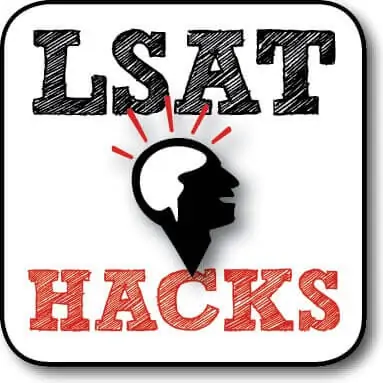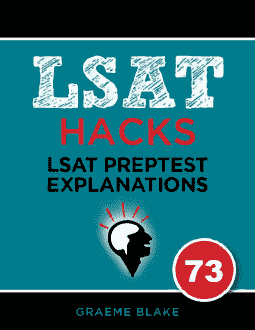DISCUSSION: The passage ends with the author’s critique of Marcuse. The author thinks consumers are able to respond consciously and rationally to ads.
The author has not said that ads are good. Instead, they are only arguing that Marcuse’s critique isn’t a good critique.
___________
- CORRECT. This matches the author’s opinion. The author hasn’t said that advertising is a good thing. Instead, their point is that Marcuse’s critique is not a good one.
- Nonsense. The entire fourth paragraph criticizes Marcuse. The author doesn’t think Marcuse’s claims are justified. And politics plays no part in this passage.
- The passage doesn’t talk about corporate leaders. Presumably, they have some responsibility for ordering ads, but it would be odd to end the passage by focussing on people who had never been mentioned before.
- The author never talks about benefits of advertising. This answer has no support.
- Marcuse didn’t claim that “few people” are unable or unwilling to distinguish real from false needs. Marcuse claimed that all of us are subject to false needs.

Want a free Reading Comp lesson?
Get a free sample of the Reading Comprehension Mastery Seminar. Learn tips for solving RC questions


Hi Josh,
Lines 49-51 does acknowledge that ads often promise a product will do more than it delivers in reality. However, the following lines go on to say that consumers understand this and can get intentionally find some satisfaction from products, even if it’s not what an ad promised.
There are a couple of problems with (E). As Graeme points out, it’s not accurately stating what Marcuse claimed. Another problem is that even if it did, it wouldn’t make a very strong conclusion for the passage. The author does not go into a discussion about these exceptions (people who are not rational or informed enough to see ads for what they are). Concluding by mentioning an exception that he did not discuss in depth in the passage would not make much sense!
Hope that helps!
Hi. I had chosen E because of lines 49-51. I thought that in a way the author was acknowledging that sometimes people are stumped by these “false necessities.” Any help? Thank you.